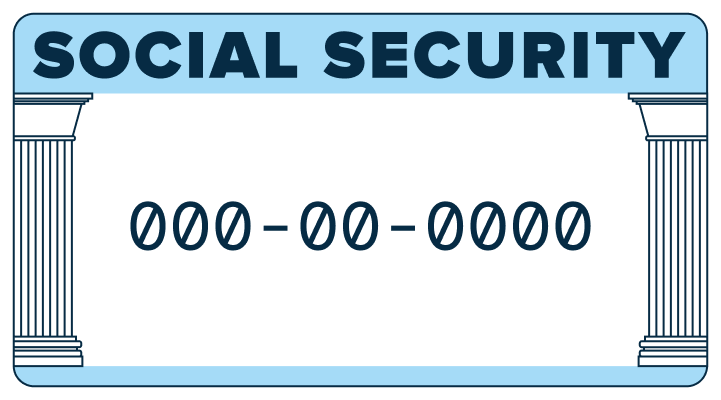
Cyber Insurance Interactive Explainer
Presented by Insurance Information Institute
Are you safe from cyber attacks?
Are you safe from cyber attacks?





















You’re not alone. Ever since the COVID-19 pandemic began, businesses around the world have experienced a sudden shift to remote work.
Working from potentially less secure networks and hardware at home increases an organization’s vulnerability to phishing and hacking.
Your organization is one of a few who have been able to avoid this shift. For many organizations, remote work is a daily reality.
Working from potentially less secure networks and hardware at home increases an organization’s vulnerability to phishing and hacking.


That’s great! Your business is taking the right precautions to protect the workplace against cyber attacks.
Let’s take a quick look at how having cyber insurance can be critically beneficial in the event of an attack.
Unfortunately, the consequences for your business can be dangerous. Let’s take a quick look at how the lack of cyber insurance can be costly in the event of an attack.
The financial burden of a cyber breach averages $4.2 million globally and $9.1 million in the U.S. – which would be a catastrophic financial blow.
The financial burden of a cyber breach averages $4.2 million globally and $9.1 million in the U.S. – which would be a catastrophic financial blow.
Next, let's examine a case study for BetterHealth Pharmacy.
Next, let's examine a case study for BetterHealth Pharmacy.
BetterHealth Pharmacy was just alerted that a bad actor gained access to its clients' health records and billing information via a phishing email attack.
BetterHealth Pharmacy was just alerted that a bad actor gained access to its clients' health records and billing information via a phishing email attack.
Thankfully, BetterHealth had a cyberinsurance policy in place. Their insurer first put them in contact with credit monitoring or identity theft protection partners.
BetterHealth submitted a general liability claim but were informed that a separate cyber insurance policy is needed to cover data breach.

Most states require businesses to notify customers of a data breach.

Most states require businesses to notify customers of a data breach. BetterHealth was forced to hire an outside firm to manage external communications to the affected clients.
BetterHealth submitted a claim through their cyber insurance policy to cover this cost, and mitigated its loss of business through a swift response.
BetterHealth's cyber insurance policy also provided financial assistance to help recover its clients' data, as well as its own.
The cost of recovering client data, as well as your own, averages $161 per record globally across all industries.
Once the dust settled, BetterHealth's cyber insurance policy was used to cover the cost of repairing its damaged computer systems and digital infrastructure, saving them thousands of dollars.
After weathering the cost of data recovery and a widespread communications effort, BetterHealth lacked the funds needed to repair its damaged computer systems and digital infrastructure, forcing them to fold.
That’s right! According to a 2020 survey, nearly 80% of businesses carried some level of cyber insurance, up from just 34% in 2011, and 55% of respondents with cyber coverage had a stand-alone policy.
Not quite! In fact, according to a 2020 survey, nearly 80% of businesses carried some level of cyber insurance, up from just 34% in 2011, and 55% of respondents with cyber coverage had a stand-alone policy.
